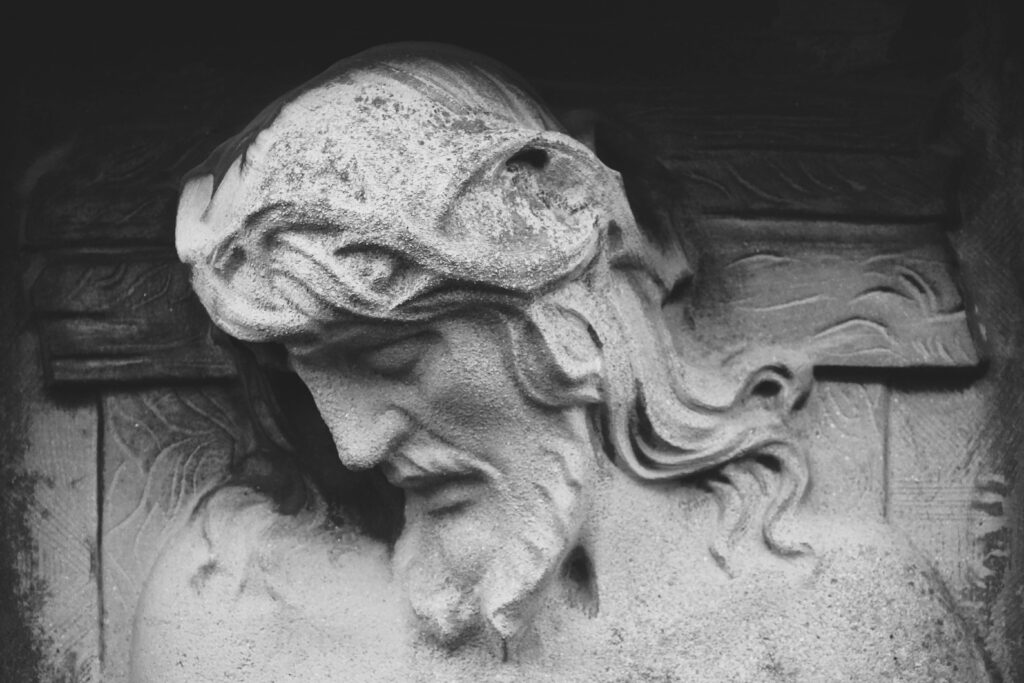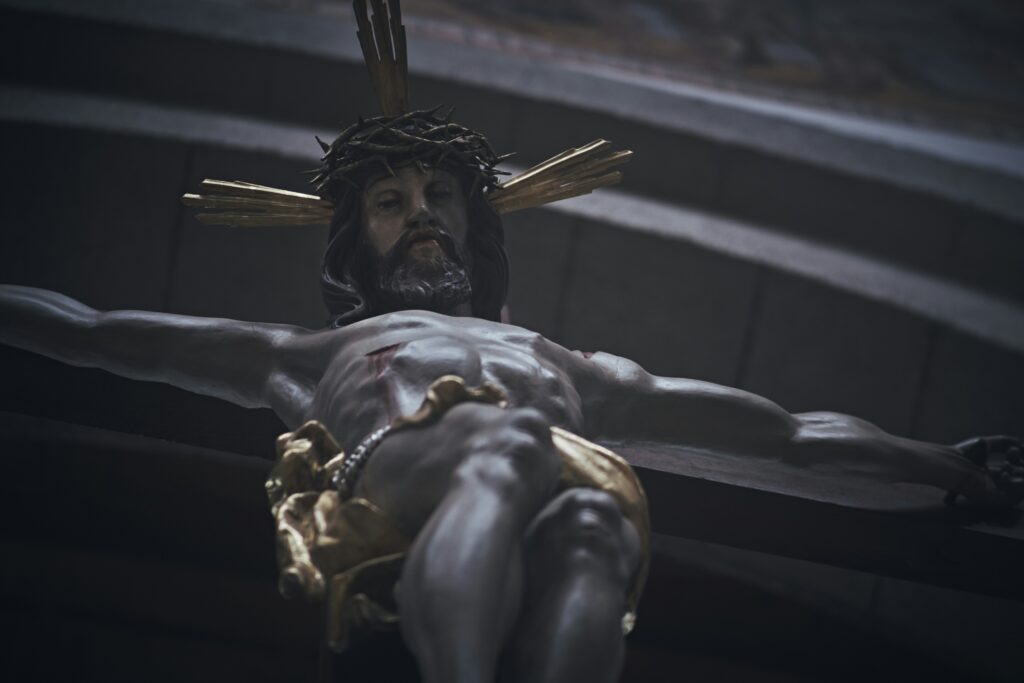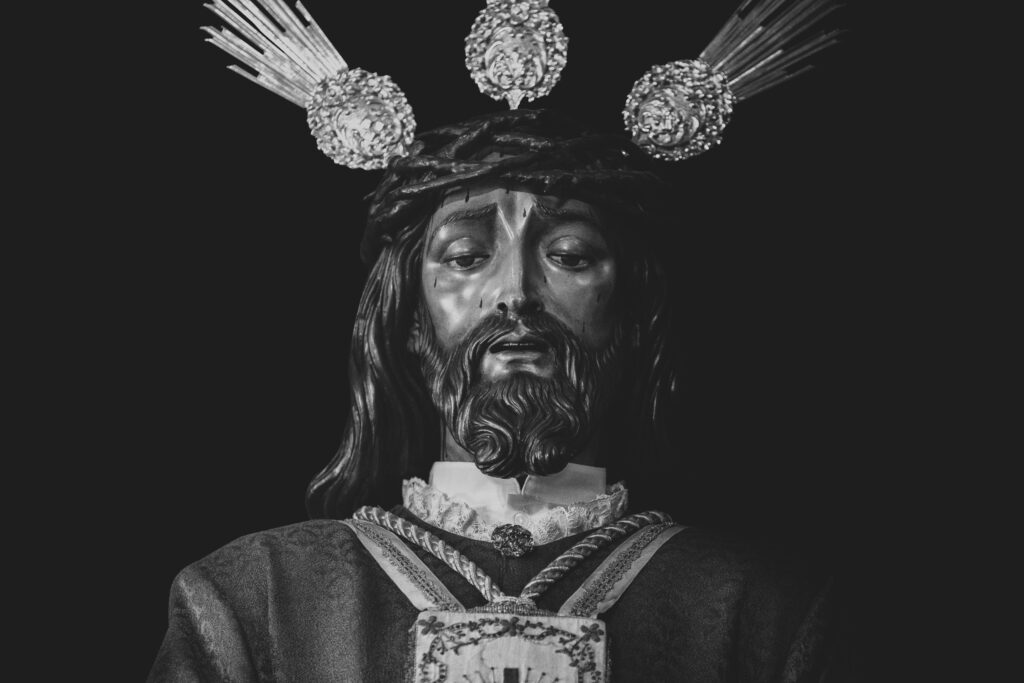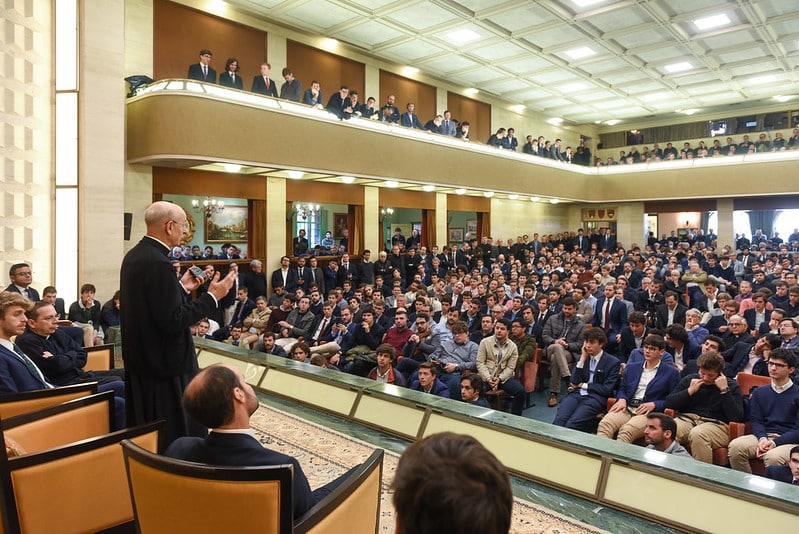Why is the Church “Catholic”?
Questions and Answers
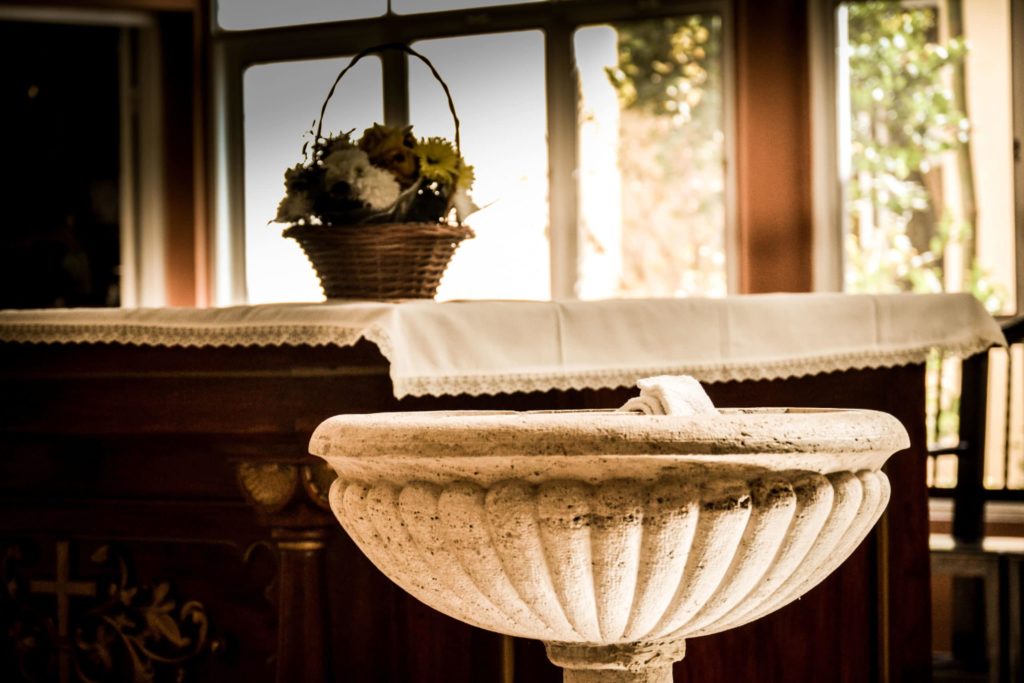
Why is the Church “Catholic”? Father Jairo Yate, priest and investigating judge in the diocese of Ibagué, Colombia, answers this question according to the magisterium of the Church itself.
What does the word “Catholic” mean?
It means “universal” in the sense of “according to the totality” or “according to integrity.” The Church is Catholic in a double sense.
Why is this so?
The Catechism of the Catholic Church teaches that: “She is Catholic because Christ is present in her. ‘Where Jesus Christ is, there is the Catholic Church’ (St. Ignatius of Antioch, Epistula ad Smyrnaeos 8, 2). In the Church there exists the fullness of the Body of Christ united to its Head (cf. Ephesians 1:22-23), which implies that the Church receives from Him “the fullness of the means of salvation” (AG 6) that He has willed: a correct and complete confession of faith, an integral sacramental life and an ordained ministry in the apostolic succession. The Church, in this fundamental sense, was Catholic on the day of Pentecost (cf. Ad Gentes 4) and will always be so until the day of the Parousia (end of time, ed.)” (830).
“She is Catholic because she has been sent by Christ on a mission to the whole human race (cf. Matthew 28:19)” (831).
What does the Catholic Church teach?
Essential and fundamental contents of Catholic doctrine on both faith and morality, in the light of the Second Vatican Council and the whole of the Tradition of the Church.
What does the Catholic Church base its teachings on?
Its main sources are the Holy Scriptures, the Holy Fathers, the Liturgy and the Magisterium of the Church. It is intended to serve “as a point of reference for the catechisms or compendia that are composed in the various countries.” (Catechism 11)
What is the faith of the Catholic Church?
“The Catholic faith is this: that we venerate one God in Trinity and the Trinity in unity, not confusing the persons, nor separating the substances; one is the person of the Father, another of the Son, another of the Holy Spirit; but of the Father and of the Son and of the Holy Spirit there is one divinity, equal glory, coeternal majesty” (Catechism 266)
Does the Catholic Church believe in the Virgin Mary?
What the Catholic faith believes about Mary is based on what it believes about Christ, but what it teaches about Mary in turn illuminates faith in Christ. (Catechism 487).
Who governs the Catholic Church?
“The Catholic Church, governed by the successor of Peter and by the bishops in communion with him” (Lumen Gentium 8).
What is a particular Church?
A particular Church is understood to be first the diocese (or eparchy), that is, a community of Christian faithful in communion in faith and in the sacraments with their bishop ordained in apostolic succession. These particular Churches are “formed in the image of the Universal Church. In them and from them exists the one and only Catholic Church” (Lumen Gentium 23).
Particular Churches are fully Catholic thanks to communion with one of them: the Church of Rome “which presides in charity” (St. Ignatius of Antioch).
Who belongs to the Catholic Church?
“All men are therefore invited to this catholic unity of the People of God… Catholics, other Christians, and all men in general who are called to salvation by the grace of God belong to this unity in various ways or are destined for it” (Lumen Gentium 13).
Does the Catholic Church offer means for salvation?
The Catholic Church announces the totality of the faith; it carries within itself and administers the fullness of the means of salvation; it is sent to all peoples; it addresses all men; it embraces all times; “it is, by its very nature, missionary” (Ad Gentes 2).
How can we understand the presence of images in the Catholic Church?
“The beauty and colour of the images stimulate my prayer. It is a feast for my eyes, just as the sight of the countryside stimulates my heart to give glory to God” (St. John Damascene).
“The contemplation of sacred images, combined with meditation on the Word of God and the singing of liturgical hymns, forms part of the harmony of the signs of the celebration, so that the mystery celebrated may be engraved in the memory of the heart and then expressed in the new life of the faithful” (Catechism 1162).
Is it true that Baptism is a source of communion in the Catholic Church?
“Baptism constitutes the foundation of communion among all Christians, even with those who are not yet in full communion with the Catholic Church: “Those who believe in Christ and have received valid baptism are in a certain, though not perfect, communion with the Catholic Church […]. Justified by faith in Baptism, they have been incorporated into Christ; therefore, they are rightly honored with the name of Christians and are rightly recognized by the sons of the Catholic Church as brothers of the Lord (UR 3)” (Catechism 1271).
What are sacramental in the Catholic Church?
“They have been instituted by the Church for the sanctification of certain ecclesiastical ministries, of certain states of life, of very varied circumstances of Christian life, as well as of the use of things useful to man. They always comprise a prayer, often accompanied by a specific sign, such as the laying on of hands, the sign of the cross, or sprinkling with holy water (which recalls Baptism).” (Catechism 1668).
What are the sacraments of the Catholic Church?
They are the Grace of God, they come from God, instituted by Christ, for our good. The sacraments of the New Law were instituted by Christ and there are seven: Baptism, Confirmation, Eucharist, Penance, Anointing of the Sick, Holy Orders and Marriage.
What does Pope Francis want from the Catholic Church?
His preference for the Church that grows in silence, in hiding. “The Church grows in simplicity, in silence, in praise, in the Eucharistic sacrifice, in the fraternal community, where everyone loves each other and does not fight.” “The Church manifests herself in the Eucharist and in good works, even when they are apparently not news.” “The bride of Christ has a silent temperament, she produces fruits without noise, without blowing trumpets, as the Pharisees do.” “The Church grows through witness, through prayer, through the attraction of the Spirit” (Homily, November 15, 2018).
 (EN)
(EN)
 (ES)
(ES)
 (IT)
(IT)


